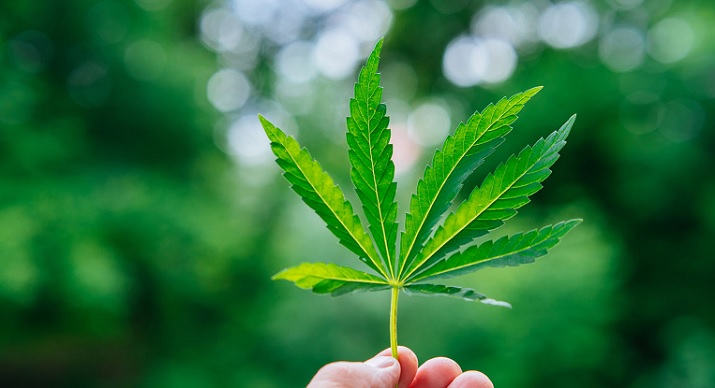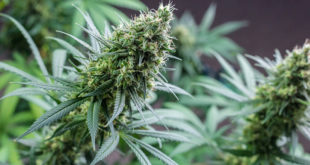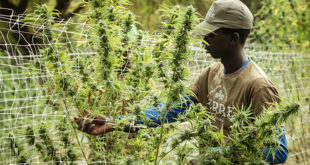
With Rhode Island being such a small state, some medical marijuana dispensaries argue that the addition of more dispensaries would threaten the viability of existing dispensaries. The Thomas C. Slater Compassion Center has proposed a way for House lawmakers to help close the state’s budget gap and asks lawmakers to not agree to the increase of dispensaries from 3 to 15. The state needs $5-million to close its budget gap and the dispensary has indicated it would like to be part of the solution.
Reilly’s offers stresses the threat of adding more medical marijuana dispensaries in the state, as Governor Raimondo plans, Providence Journal reports. Regulators are on the other side of the fence as adding competition would make medical marijuana cheaper for patients. More product variety and a wider array of strains would also be available.
Chris Reilly, spokesperson for Thomas C. Slater Compassion Center, said, “We’re very sensitive to the state and its challenges. And if there is a way to find the $5-million that you need to plug the budget hole that you need for the coming fiscal year, we’d like to be part of that solution.”
Seth Bock of Greenleaf Compassionate Care Center said the increase to 15 dispensaries “would almost ensure that one, maybe two, dispensaries would go out of business”.
Bock also said, “We’ve build an infrastructure around a volume of patients which for us, if eliminated, would mean we couldn’t operate.”
For Greenleaf, $0.44 of each dollar earned is applied to state and federal taxes as well as surcharges.
Terence Fracassa of Summit Medical Compassion Center, says that the three existing dispensaries are meeting patient demand and have the ability to expand.
Regulators aren’t in agreement that patient needs are being met.
Medical marijuana regulator Norman Birenbaum says that 60,000 plants are tagged for home cultivation and only 10,000 plants are tagged for dispensary cultivation. This indicates the need for more commercial cultivation, according to him.
Private grows are capable of providing a better variety of strains with higher consistency in product and, in some cases, better quality than what is available in dispensaries.
Further discussion on the issue isn’t scheduled yet, but may occur in the near future.
 Rhode Island Marijuana | RI Marijuana RI Marijuana News and Information
Rhode Island Marijuana | RI Marijuana RI Marijuana News and Information





